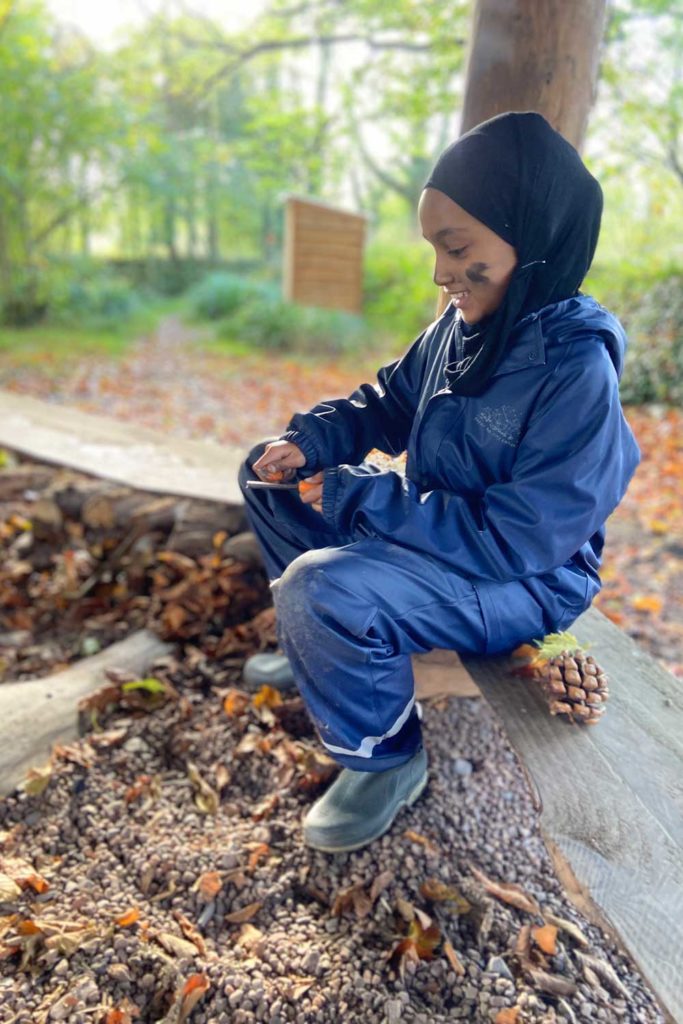
What Did Andy Coulson Learn From Failure?
By
12 months ago
Key takeaways on failure, from our Great British Brands breakfast series
Andy Coulson was, of course, the editor of the News of the World before becoming the Director of Communications for David Cameron’s government. And then, of course, the story unfolds as the phone hacking scandal takes hold and Andy ends up being sentenced for 18 months for his involvement. He spent just under five months in Belmarsh and an open prison.
Andy came to talk to Great British Brands members about what he has learned from that experience, and what he can now bring to his communications agency, Coulson Partners, which specialises in crisis management, and his very successful podcast Crisis What Crisis?.
Andy is incredibly passionate about what you can learn from failure.
Great British Brands Breakfast Series: Andy Coulson
Key Takeaways: What Does Failure Teach Us?
- There is opportunity in almost every crisis, serious illness aside. If you can confront it, accept it, understand it, analyse it a bit, you can really put it to work.
- Although you may have no control over what is happening in your life or what will happen next, you have total, absolute control of how you feel about it, and how you react.
- Surrendering to circumstances is not the same as giving up. Accepting what is happening to you can help you start to focus your mind and understand what you do have control over.
- If you’re in the midst of a crisis, focus on breathing in and breathing out. Know that one day you’ll be doing exactly the same two things somewhere wonderful, with your kids/friends/partners around you, with your dog/cat at your feet, and it will be fine. Just keep focusing on those two things.
- If there’s a crisis and it’s playing out on social media, you need to get to the point where you understand that that is not real life. When you’re seeing all those negative comments come in, it doesn’t necessarily reflect how the majority of people feel, or your customer base will actually feel about it. But you’ve got to get to the truth of your problem. You’ve got to ask yourself some questions long before you decide whether or not you’re going to react.
- The first question I ask someone ‘in crisis’ is ‘how are you?’ But not just because it’s a nice thing to ask, which it is, but because it’s a really strategically important question. If the answer tells me you’re all over the place, then there’s something else that needs to be done long before we start to deal with the crisis.
- The most important question thereafter is, are you actually in crisis? That’s very, very important.
- My definition of a crisis is whether you’ve properly lost control of either your life or the desired direction of your life or of your business. Trying to work out whether you’re in a crisis or a problem is not something you can do in 30 seconds. You’ve got to have the internal processes in place to be able to get to it quickly.
- Speed Kills, all the old cliches are all true when it comes to crisis. So you’ve got to be on your toes, but you can’t let that tip into paranoia.
- Particularly in smaller businesses, the temptation when you hit a crisis is to lean towards your friends or the people that you’re closest to at work. But you really have to try and find the neutral people with no skin in the game, so that you can judge it clearly for yourself.
- Crisis attracts certain types of personalities, people love drama, so beware who you have in the room when deciding on your strategy. Don’t make the judgement of who you want in the room dependent on friendship.
- Resting places in crises are so important, and that can be the primary purpose of the first statement that you put out – to try and suck some air out of it, to reduce the temperature, to find some space so that you are then able to think more clearly about what is almost certainly a pretty complicated problem.
- You’ve got to grab hold of your failure. Grab hold of whatever problem you’ve got in your business, confront it, and then move forward with it. Don’t try and pretend to be something else, or someone else.
- Remember that it will end. Gratitude is also a very important word to have in mind.
- ‘Why me’ are the two most useless words you can possibly say. It is a scientific fact that there is nothing more useless in life than a self appointed victim.





















